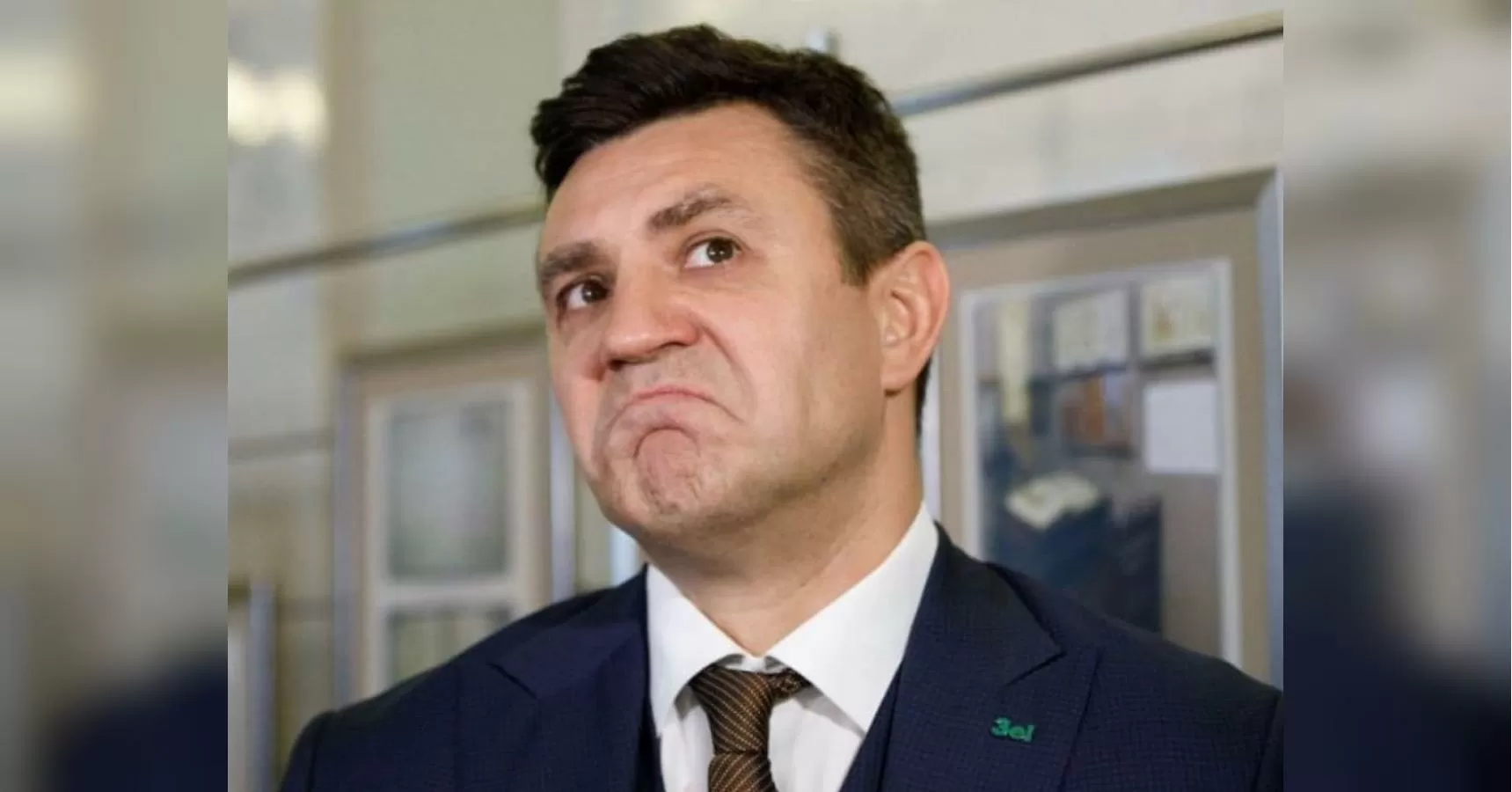Journalists Consider Actions of Elected Officials as Revenge
Journalists have a crucial role in society — to report the news, uncover the truth, and hold those in power accountable. In recent years, there has been a growing concern among journalists that some elected officials are using their positions for personal vendettas, rather than serving the public interest. This trend has led to a disturbing realization — that some politicians see their actions as a form of revenge.
The concept of revenge is rooted in a desire to seek justice or retribution for perceived wrongdoings. However, in the context of elected officials, this can have damaging consequences. When politicians use their power to settle personal scores, the focus shifts from serving the public to satisfying their own agendas. This not only undermines the democratic process but also erodes the trust of the people in their elected leaders.
The rise of social media has only amplified this issue. Elected officials now have a direct line of communication to their constituents, and many have embraced it as a tool for promoting their own interests. This has created a dangerous dynamic where politicians can use their platforms to spread misinformation, attack their opponents, and rally their supporters to their cause. In this environment, the line between serving the public and seeking revenge becomes blurred.
One recent example of this is the ongoing feud between former US President Donald Trump and the media. Throughout his presidency, Trump consistently attacked and undermined the credibility of the press, often labeling them as «fake news.» This not only created a toxic relationship between the media and the White House but also fueled a divisive narrative that pits the media as enemies of the people. Trump’s actions were seen by many as a form of revenge for the negative coverage he received from the media.
Similarly, in countries with authoritarian regimes, journalists are often targeted and silenced for reporting on the corrupt actions of their leaders. The mere act of reporting the truth is seen as a threat to the power and reputation of these officials, resulting in retaliation and acts of revenge.
But it’s not just high profile cases that show this trend. Even at the local level, there have been instances where elected officials have used their positions for personal vendettas. In some cases, this has led to journalists being harassed, intimidated, or even physically attacked for reporting on controversial issues that go against the interests of these officials.
The consequences of such actions are far-reaching. When politicians use their power to seek revenge, it creates a chilling effect on the media. Journalists may hesitate to report on important issues, fearing retaliation. This not only hinders the public’s right to information but also stifles the freedom of the press.
Furthermore, this trend can also lead to a growing distrust of the media among the public. When politicians continuously attack and discredit the press, it can create a narrative that the media is biased and untrustworthy. This can have damaging effects on the credibility of the press and the public’s perception of the truth.
So why do some elected officials resort to using their power as a form of revenge? One possible explanation is that it’s a tactic to divert attention from their own wrongdoings. By targeting the media or their opponents, they shift the focus away from their own actions.
Moreover, in today’s polarized political climate, seeking revenge against political opponents has become almost normalized. This toxic mindset perpetuates a cycle of retaliation, where one act of revenge begets another, further fueling division and hindering progress.
In conclusion, journalists are essential in holding elected officials accountable and ensuring the public’s right to information. When politicians see their actions as a form of revenge, it not only undermines the media’s role but also threatens the democratic process. As a society, we must demand that our elected leaders prioritize serving the public interest over personal vendettas. And as journalists, we must continue to report the truth and hold those in power accountable, no matter the consequences.

